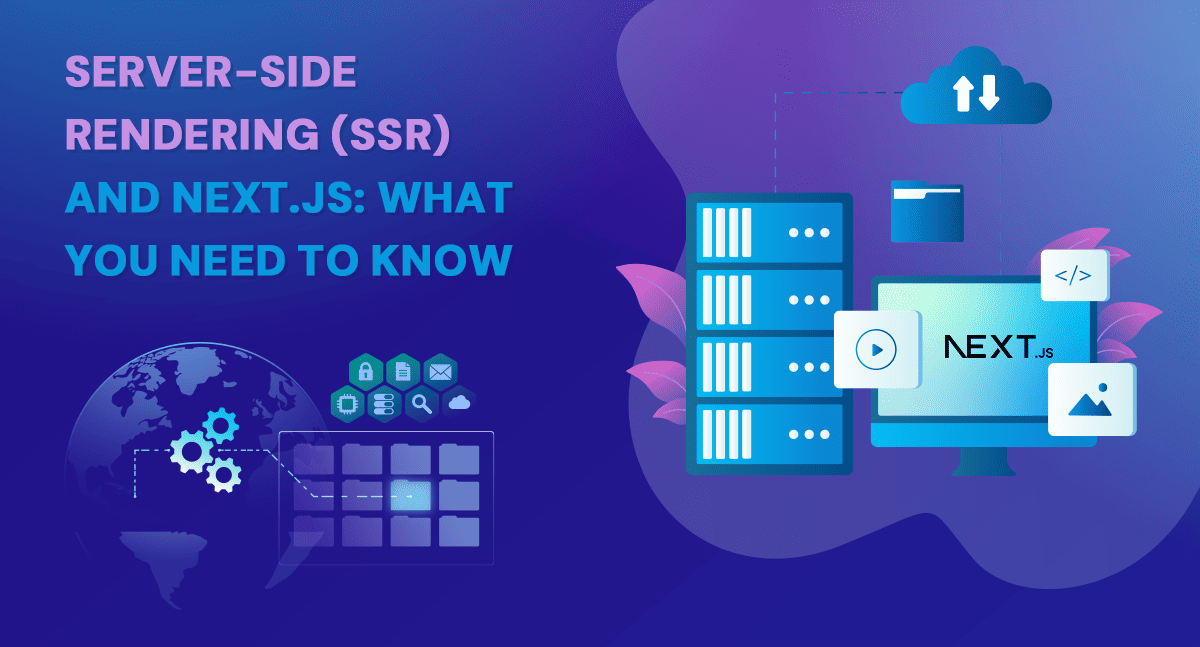Why use NodeJS Microservices for the Most Scalable & Cost-Effective Web Development?

Why use NodeJS Microservices for the Most Scalable & Cost-Effective Web Development?
With developers transitioning from traditional monolithic architectures towards more scalable and flexible microservices, NodeJS has become the ideal technology for developing highly flexible, scalable, and cost-effective web applications. NodeJS microservices have gained tremendous traction in recent years for a good reason. It is known for its lightweight architecture, quick performance, modularity, flexibility, seamless deployment, and scaling.
In this blog, we will analyze why NodeJS microservices are the most scalable and cost-effective technology for web development and how they enable businesses to develop powerful and responsive applications that can control immense amounts of traffic and data. We will also explore the open-source platform of NodeJS, which offers developers many libraries and tools, making it simpler to develop microservices quickly and efficiently.
Node.js
Node.js is a flexible cross-platform and open-source server that can operate on various platforms like; Windows, Linux, Unix, macOS, and more. Node.js Development is used extensively for server-side programming, allowing developers to use JavaScript for client-side and server-side code without learning an additional language. Nodejs is faster and used to assemble both user and server-side web applications because it can handle increased memory needs. Node.js can be written in Javascript, C, and C++. The program allows users to study, utilize, alter, and share the software and its source code with any other user. Node.js is maintainable, scalable, easy, and efficient.
Node.js Microservices
Node.js Microservices is a software architecture pattern that involves splitting a large, monolithic application architecture where the entire application is developed as a single, self-contained unit. In a monolithic architecture, all the application code is documented in one codebase and deployed as a single unit, with all the segments tightly coupled.
The application is broken down into tinier and self-reliant services that can communicate with each other via APIs. Node.js microservices, therefore, refer to microservices that are built using the Node.js platform. These microservices are normally easy to maintain, lightweight, and modular, making them perfect for developing complex applications with many moving parts.
Benefits of Node.js Microservices
With Node.js microservices, developers can leverage the benefits of Node.js. They include
Scalability:
Node.js microservices are developed to be highly scalable and adjustable. They can deal with a large number of requests without affecting the performance of the application. It is ideal for sustaining a complex application in a large team based on Node.js microservices since it is simpler to allocate responsibilities between developers.
Simple Development
Large-scale systems are hard to understand, develop, and maintain because they are complex. With Node.js microservices, those systems become extremely easy to update, deploy and manage since they are split into smaller independent components.
Flexibility
Node.js microservices allow developers to split an application into smaller, more manageable segments, making it easy to build, test, and deploy.
Maintainability
Microservices built with Node.js are easier to maintain because they are modular and have a clear separation of concerns. This feature allows developers to work on one service at a time without affecting the other services while providing simpler step-by-step updates.
Performance:
Node.js is known for its high performance and low latency. This makes it ideal for building microservices that must deal with many requests and respond quickly.
Must Read: Why should you use ReactJS and NodeJS together to build Robust Web App?
Why use Microservices made with Node.js for the most scalable and cost-effective web development?
Node.js microservices are recommended for web development because it is structured to be highly scalable and efficient. It utilizes an event-driven, non-blocking I/O model that makes it perfect for handling a large number of concurrent connections. When you employ the microservices of node.js for your web development, you can scale your application horizontally across numerous servers or vertically to boost its performance and functionality on a single server.
Using node.js microservices for your web development tends to be much more inexpensive to operate than its monolithic equivalent because you are only paying in the case of demand due to function as a service (serverless services). Microservices can help you lessen costs because it permits you to only deploy and scale the services you need, rather than deploying and scaling a whole monolithic application.
Conclusion
Using microservices made with Node.js can be a game-changer for your web development process in terms of scalability and cost-effectiveness. Node.js microservices make it easier for developers to develop, test, and deploy applications quickly and efficiently to avoid the risk of a single loss point and enable quicker development cycles. By adopting a microservices architecture, businesses can enjoy greater agility and faster time-to-market. It can also reduce the cost of infrastructure and resources required, which helps you save money in the long run and improves overall scalability.
Ultimately, Node. js-powered microservices can help businesses stay at the top of their game in today's ever-changing digital landscape by enabling them to innovate rapidly and respond to changing customer needs. If you need a scalable, flexible, and cost-effective web development strategy for your application, then using microservices made with Node.js is the right choice for you.




